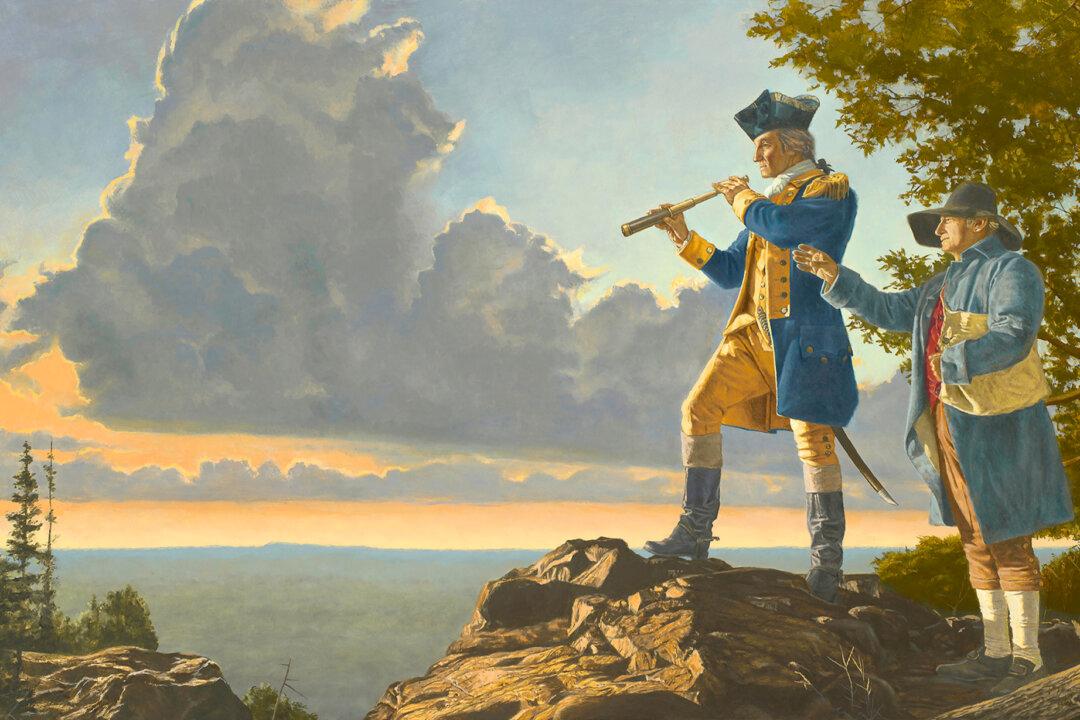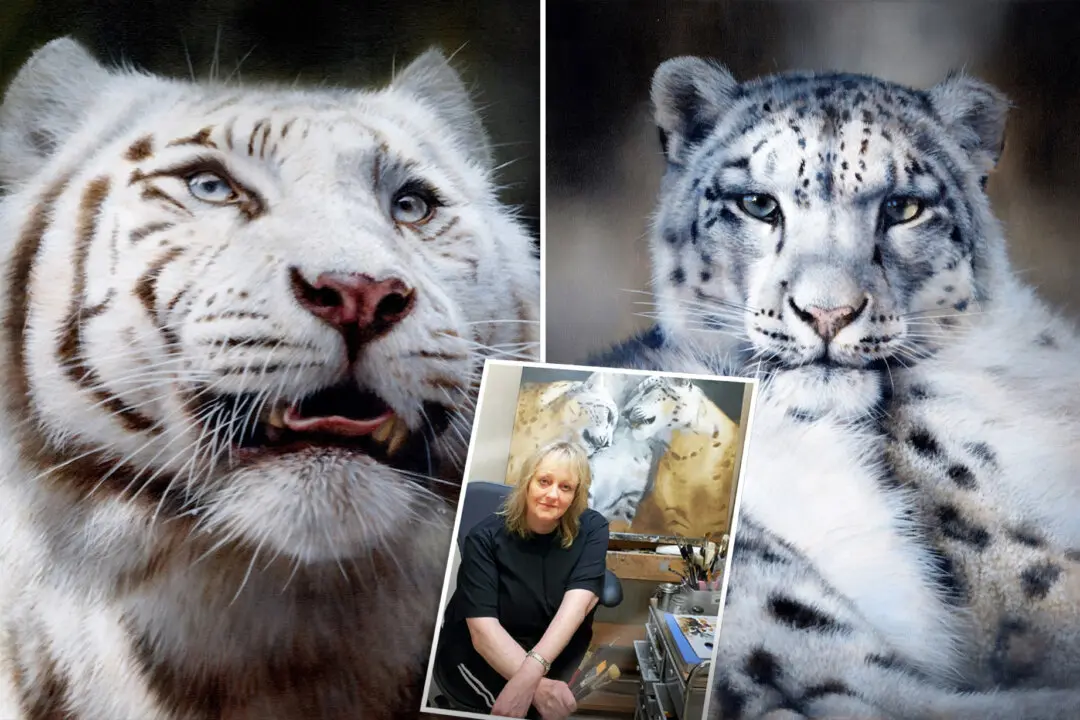The CEO and founder of “MyPillow,” Mike Lindell had always had a hard time sleeping. One night, he dreamed of a pillow that would not lose its shape, which turned into a multi-million-dollar company that makes pillows.
Yet, it was a tough road to success, a large part of which included battling with addiction. The 58-year-old, from Chaska, Minnesota, and his company started out with only five employees, yet it soon grew to over 500—and the specialty pillows were all made in America.






